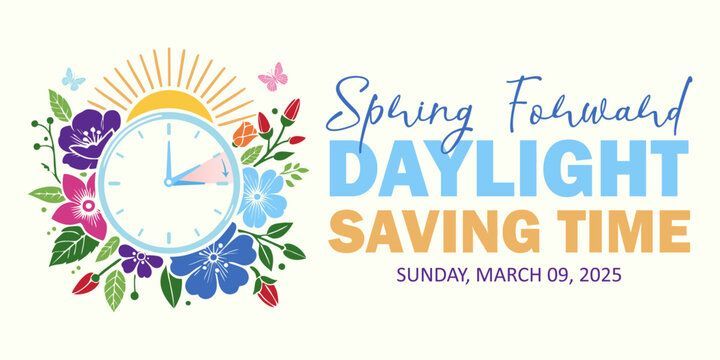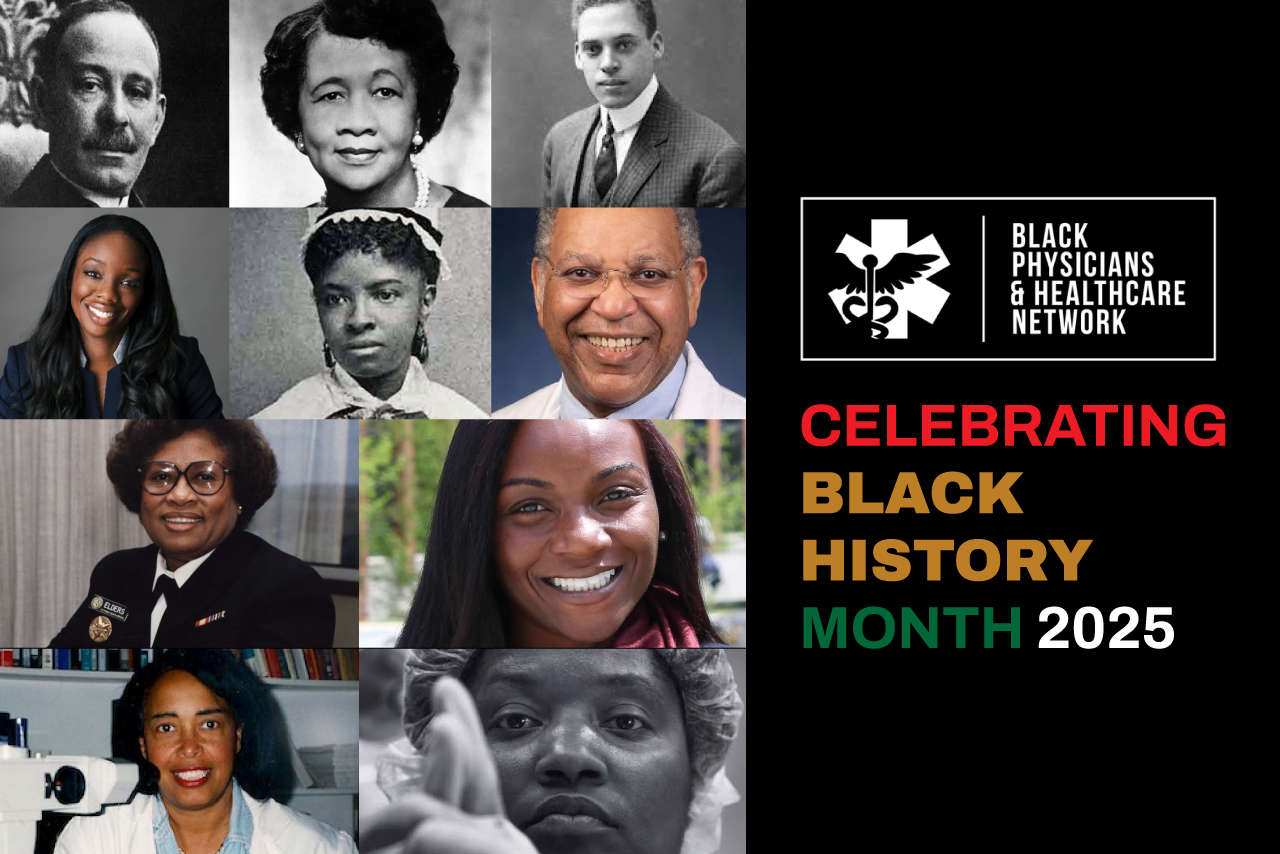Psychologist shares the No. 1 exercise highly successful people use to be happier
Sarah Sarkis, a Psychologist and senior director of performance psychology at Exos, stated, "Just like you wouldn't burn through your whole paycheck on payday, you shouldn't use all of your energy every day. Yet most people constantly deplete their energy daily to the point of burnout.
She helps train NFL players, executives at Fortune 100 companies like Intel and Humana, and other professionals to thrive in high-pressure environments.
According to Sarah, poor energy management is the most common cause of burnout, even among the highly successful people she works with.
"Energy, just like money, is finite," Sarkis says. "You have credits, and you have debits. Any time you do something that benefits your mental or physical health, like sleeping or exercising, you get a credit. But any activities that are detrimental to that, like working late or skipping a meal, are debits."
Run your account into the negatives, and you'll quickly deplete your energy supply or shut down completely, she adds.
The best way to prevent burnout is to create your own "budget energy."
First, you want to write down all the activities you experienced throughout your day. It can be from watching your favorite show on Netflix to working out at the gym.
Sort out each action as an "energy credit" or "energy debit." Credits are the things that energize you, and debits are activities that feel draining.
Once you are done doing that, start to identify patterns. Did you get enough sleep? Did you spend a lot of time on your phone? Such pattern traits could be "self-sabotage" and can be the cause of why you aren't performing at your best.
Sarkis says you can't always control your schedule or responsibilities, but combining energy credits and debits can counteract a draining activity's harmful effects. One example might be if you are stuck in traffic, instead of listening to the music on the radio, listen to your educational podcast or something that excites you.
Stressful activities are sometimes part of the day, and you can't avoid them; however, it is essential for you to have a recovery plan. Consider doing therapeutic activities such as meditation, yoga, journaling, or walking outside.
Make it a priority, like how you like to binge-watch your favorite show every night on Netflix.
The small change can make a big difference in how you feel and what you can accomplish; Sarkis says: "You'd be surprised how much energy we waste on things that don't matter."
Now connecting Montgomery County, MD Residents to Culturally Specific Therapy and Counseling Services. Learn More.
Credits Morgan Smith, Psychologist shares the No. 1 exercise highly successful people use to be happier, https://www.cnbc.com/2023/03/26/psychologist-best-exercise-highly-successful-people-use-to-be-happier.html
















